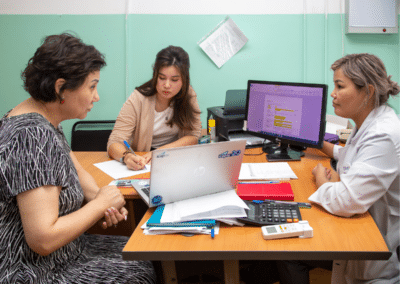
Innovative Outreach Leads to Delivery of Key HIV Services to Migrant Laborers in Tajikistan
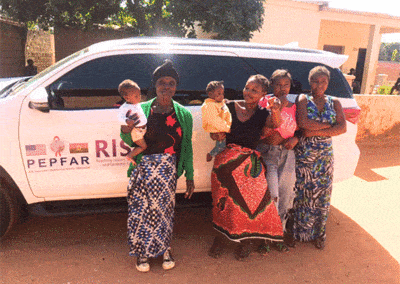
RISE in Angola Supports Early Infant Diagnosis and HIV Treatment Adherence through Community-Driven Programming
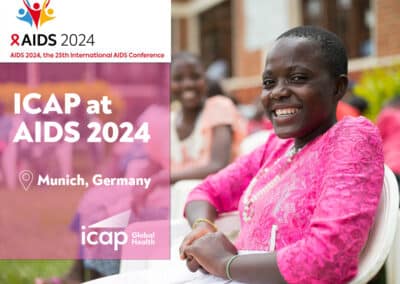
ICAP at AIDS 2024
NYC COVID cases up 250% in 2 months — and this variant’s harder to duck
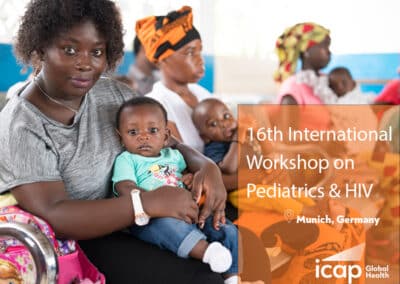
ICAP at the 16th International Workshop on Pediatrics & HIV
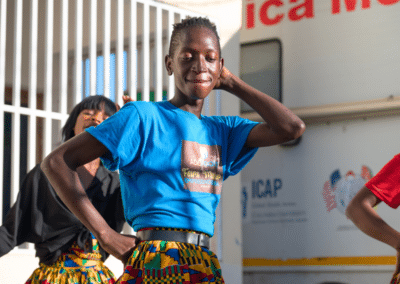
Drop-in Center in Mozambique Provides Lifesaving HIV Services, Supportive Spaces to Key Populations
ICAP yakabidhi maabara ya kupima usugu wa dawa za kufubaza VVU Bugando
ICAP yakabidhi maabara ya kupima usugu wa dawa za kufubaza VVU Bugando
PEPFAR, CDC Wakabidhi Maabara Ya Kupima Usugu Wa Dawa Za Kufubaza Vvu Bugando
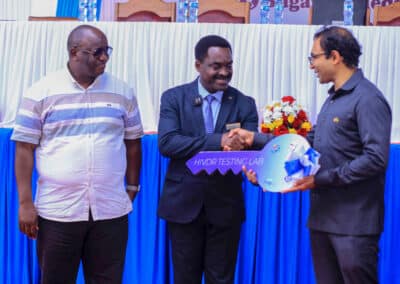
Drug Resistance Laboratory, Supported by ICAP, Ushers in New Era in Tanzania’s Fight Against HIV
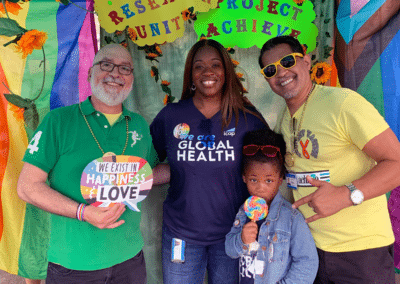
A Passion for Prevention: ICAP’s Nora Howell Speaks to the Value of Outreach – Especially During “Pride”
